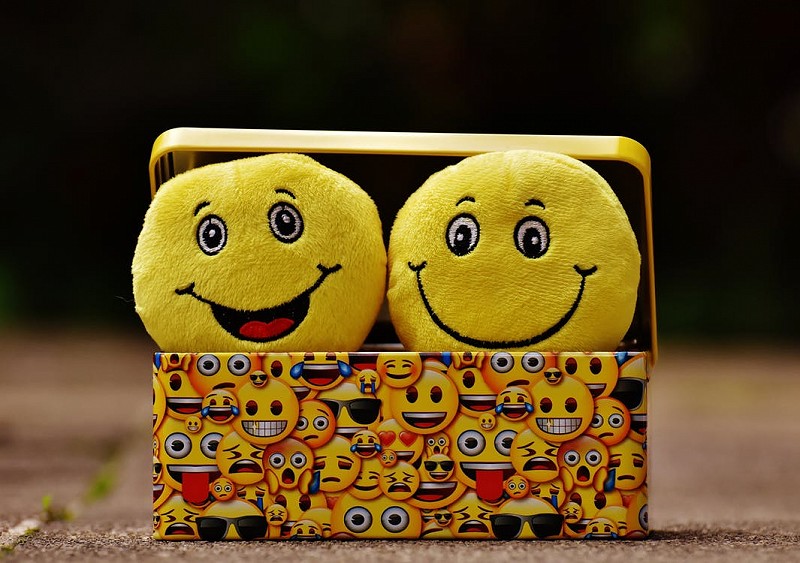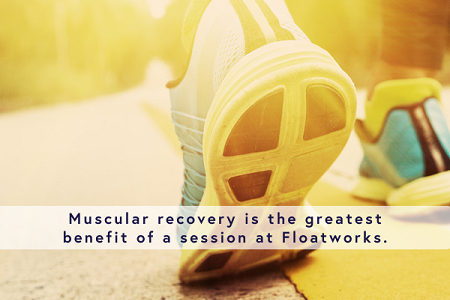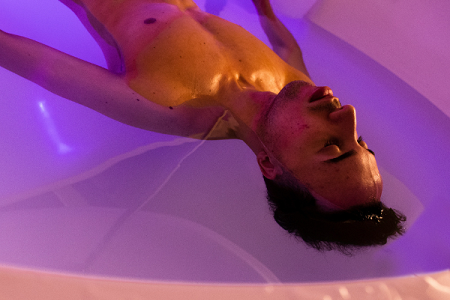The power of humour… and how it can help you live a happier life
Can we really cure all our problems with laughter? We’ve been weighing up the evidence…

We all love to laugh. Whether it’s tittering away at your favourite TV show or having a giggle with your pals, laughter makes us feel good. And it’s not just an illusion, either. Gelotology – the study of laughter – is continuing to build upon the evidence that laughter doesn’t just have a short-term effect on our moods and emotions. A healthy dose of the stuff can help us live much happier and healthier lives in the long run, too.
In its early days, gelotology was (fittingly) laughed out the room by many psychologists and neuroscientists. Indeed, the man responsible for kick-starting research into laughter was a character called Norman Cousins, who claims to have cured himself from collagen disease through massive intravenous doses of Vitamin C and a healthy course of laughter.
His drug of choice? Candid Camera.
In his 1979 book Anatomy Of An Illness, he describes the very real effects of well-dosed lolathons: “I made the joyous discovery that ten minutes of genuine belly laughter had an anaesthetic effect and would give me at least two hours of pain-free sleep. When the pain-killing effect of the laughter wore off, we would switch on the motion picture projector again and not infrequently, it would lead to another pain-free interval.”
His story baffled the scientific community, and inspired a new wave of interest and research projects into the health benefits of laughter.
Dr. Lee S Berk, an immunologist at Loma Linda University, has been responsible for much of the research. Since the ‘80s, he’s been leading the world in qualifying the effects of mirthful laughter. He and his fellow gelotologists around the globe have gone some way to prove laughter really is the best medicine. And because of their groundbreaking work, we now know that:
- Laughter stimulates the release of endorphins from the amygdala and the hippocampus. Both areas of the brain play a key part in regulating our moods and emotions.
- Laughter stimulates dopamine production. Dopamine is the hormone responsible for our brain’s reward system. Any time we do something that makes us feel good – bite into our favourite sandwich or hug someone we care deeply about, for instance – we get a shot of dopamine to give us that feeling of contentment.
- Laughter reduces the level of cortisol – our long-time enemy often referred to as the stress hormone
- Laughter decreases the heart rate and lowers blood pressure
- Laughter activates T-Lymphocytes, our natural killer cells that help fight microorganism
- Laughter has been shown to have a positive effect on motivation, creativity and learning
- It requires many different parts of the brain to process
So that’s what we do know. However, the jury is still out on humour as a recovery method. The evidence is what’s called correlational – just because someone laughs through an illness, one doesn’t necessarily influence the other. And a good old giggle won’t have the precise same effect for everyone. If you’re already predisposed to having a humorous outlook on life, you’ll benefit more from regular giggles than someone who sees the cup half empty and has a hard time making or taking a joke. You can’t change your sense of humour after all!
But consider this: William F. Fry of Stanford University – the man who coined the term gelotology, alongside his partner Dr. Edith Trager in 1964 – found that as we grow older, we really do find life a little less funny. Alright, a lot less funny as it turns out. His studies showed that by the time a child is of primary school age, he or she will laugh around 300 times a day. The typical adult, he found, laughs an average of just 17 times a day.
So it’s clear we all need a little more humour in our lives! But how?
The key is to use laughter as a coping mechanism. Fry advises finding your “humour profile”. Spend a few days being mindful of what makes you laugh out loud, and be honest with yourself about it. Once you’ve done that, build a library: books, magazines, videos, TV shows, memes etc., and dedicate an area of your bedroom or office as your ‘humour corner’ to house your collection. When you’re finding things a bit too much to handle, dive in and force yourself to laugh, even just for a few minutes.
Whatever the stress – work, relationships, money – a shot of laughter will help you reassess the situation from a more positive viewpoint.
So next time you’re feeling blue, take the time to laugh. Even if it’s scrolling through a Facebook group you always find makes you chuckle, every little laugh could help you live a happier life.










